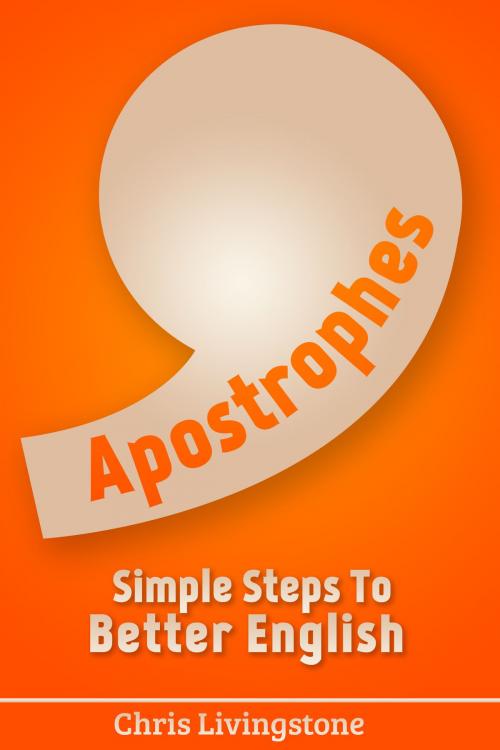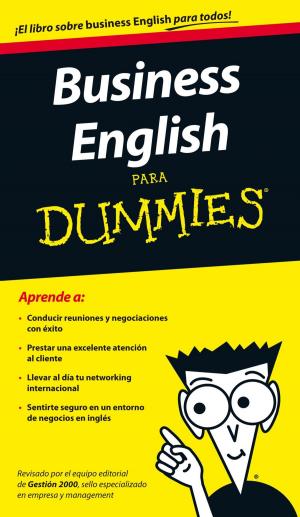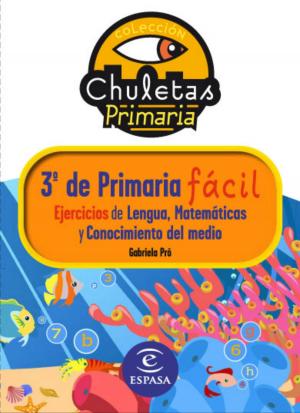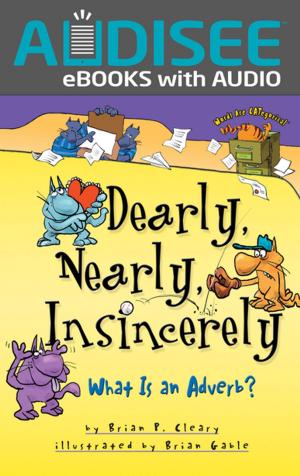Apostrophes: Simple Steps to Better English
Nonfiction, Reference & Language, Language Arts, Grammar| Author: | Chris Livingstone | ISBN: | 9781311338600 |
| Publisher: | Chris Livingstone | Publication: | January 20, 2014 |
| Imprint: | Smashwords Edition | Language: | English |
| Author: | Chris Livingstone |
| ISBN: | 9781311338600 |
| Publisher: | Chris Livingstone |
| Publication: | January 20, 2014 |
| Imprint: | Smashwords Edition |
| Language: | English |
Apostrophes are probably the most misused punctuation marks in English and you do not have to look far to see examples of incorrect usage.
Should you use ’s or s’? Or should you leave out the apostrophe altogether?
Then there’s the very common problem of “its”. Do you use “it’s” or “its”? With or without an apostrophe?
This misuse, or abuse, of apostrophes is a problem for many people, not just for newcomers to English but also for many people whose English skills are otherwise reasonably good. This particular grammatical problem afflicts people with all levels of education and in all positions in society. You'll find apostrophes used incorrectly in university papers and shop signs, in business reports and plumbers’ invoices. Even journalists, and others who write for a living, are not immune.
This little book is devoted purely to the apostrophe, a tiny punctuation mark which usually occupies less than a page in most books on English grammar. This booklet covers when and where you should use apostrophes and also where you shouldn’t, with plenty of examples and explanations. No matter who you are, if you ever have trouble working with apostrophes then this little book will help.
Apostrophes are probably the most misused punctuation marks in English and you do not have to look far to see examples of incorrect usage.
Should you use ’s or s’? Or should you leave out the apostrophe altogether?
Then there’s the very common problem of “its”. Do you use “it’s” or “its”? With or without an apostrophe?
This misuse, or abuse, of apostrophes is a problem for many people, not just for newcomers to English but also for many people whose English skills are otherwise reasonably good. This particular grammatical problem afflicts people with all levels of education and in all positions in society. You'll find apostrophes used incorrectly in university papers and shop signs, in business reports and plumbers’ invoices. Even journalists, and others who write for a living, are not immune.
This little book is devoted purely to the apostrophe, a tiny punctuation mark which usually occupies less than a page in most books on English grammar. This booklet covers when and where you should use apostrophes and also where you shouldn’t, with plenty of examples and explanations. No matter who you are, if you ever have trouble working with apostrophes then this little book will help.















